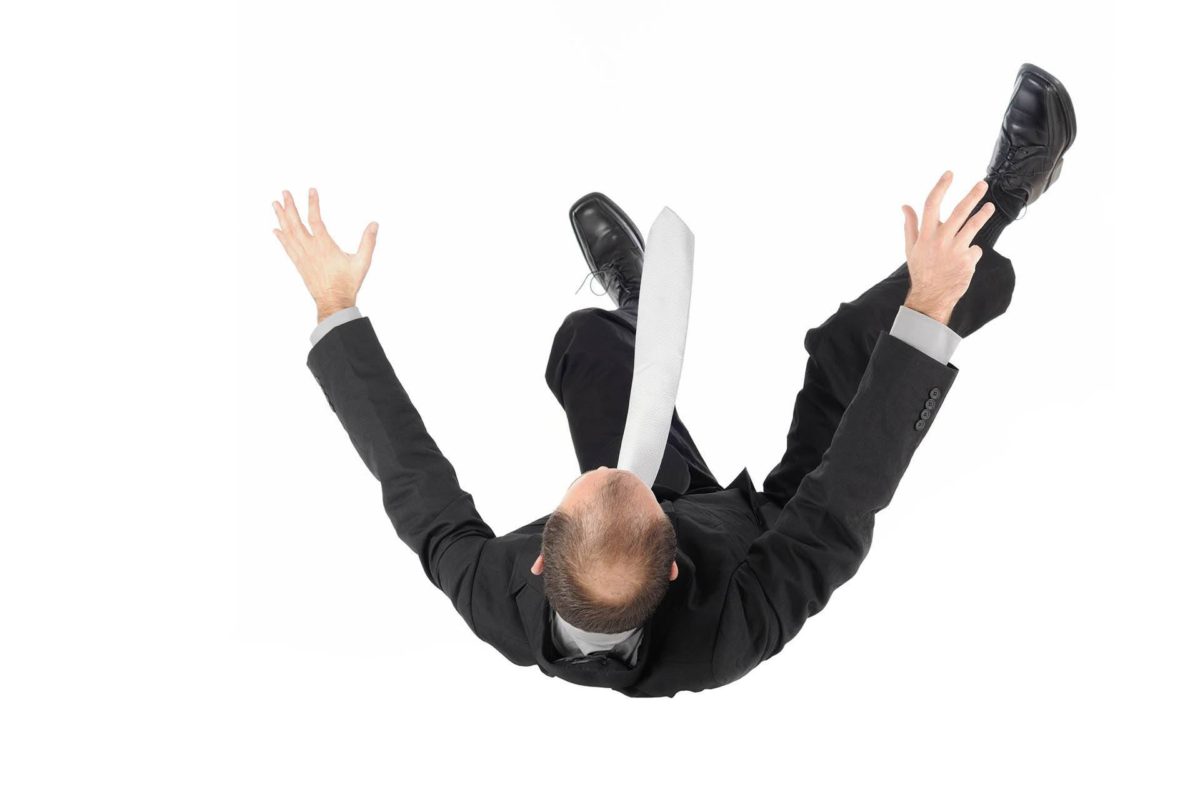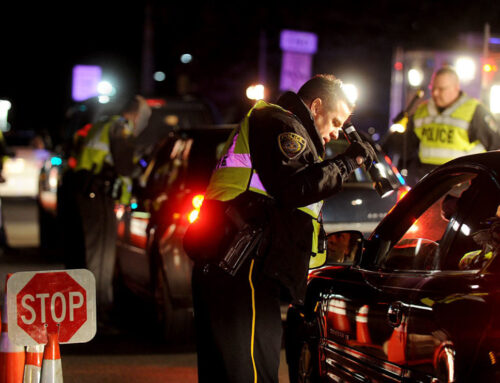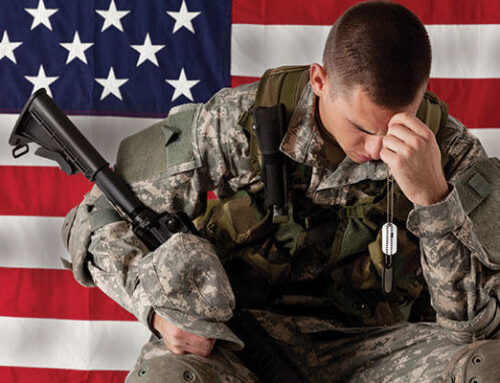By Adam D. Schmaelzle, Esq.
It’s that familiar time of year for all of us New Englanders when the leaves change colors, everything tastes like pumpkin and we accidentally put our sweaters in the dryer. But fall isn’t just a time to jump in leaf piles and grow our beards. As we all know, there are many new changes to the environment that could lead to some dangerous situations. Personally, I fall victim to slippery wet leaves just about every year. And while my clumsy self might be a little less aware of my surroundings, I am aware of the law. So New Englanders, here is my gift to you. A blog article based on slip and falls in Massachusetts.
The term “slip and fall” is pretty self-explanatory. It refers to a situation where a person becomes injured after tripping or slipping on some dangerous condition on somebody else’s property. If the injury should have been avoided, the property owner could become legally responsible to the injured person on the theory of negligence.
Why does the property owner become responsible? It may seem like an obvious answer, but many people don’t realize that when one assumes the responsibility of owning a piece of property, they are also taking on an obligation toward other people to avoid placing them in the path of danger. In the legal world, that obligation is called the “Duty of Care”.
Even if a person is truly injured on someone else’s property, that doesn’t always mean that the property owner owed any duty of care to that injured person. If that is the case, then the owner may not be legally responsible. But in those situations where a duty was owed to the injured person, a determination needs to be made whether or not the property owner breached that duty. If so, then the actions that led to the injury will be considered negligent, thus subjecting the negligent party to liability.
Once it is determined that the owner of a property owed a duty to an injured party, and that they breached that duty, what’s next? With slip and fall cases, I like to use the example of the grape in the grocery store. In this scenario, a woman is walking in the cereal aisle of the grocery store when she slips on a loose grape and falls to the ground. After she falls, she is taken to the hospital by ambulance, where she receives x-rays and learns that her ankle is broken. As a result, the woman is unable to return back to work for 6 weeks and has to undergo physical therapy to get back on her feet….so to speak.
For the sake of making this easy, lets pretend the grape was left in the aisle earlier in the morning and that it had been there through two other shift changes. That would demonstrate that the responsible individuals at the grocery store knew or should have known that the grape was in the aisle hours before the woman had slipped on it.
But what if the grape fell out of someone else’s cart? That shouldn’t be the stores fault, right? Wrong. It is the grocery stores duty to protect its patrons from potential dangers. The store knows that they sell grapes, and they know that people are walking throughout the aisles of the store with groceries. It’s completely reasonable to assume that if a grape is left on the floor of a grocery store, someone might slip on it and become injured, therefore the store should be liable if they fail to prevent those potentially dangerous situations from occurring.
So what does the woman do? This particular hypothetical woman went to her attorney, who informed the grocery store that he was representing her. She continued with her physical therapy and as time went on, she started to become depressed over the fact that she wasn’t able to work.
The attorney was able to get a copy of the medical bills, including the bill for the ambulance ride, the hospital visit, the x-rays and the physical therapy. He gathered all of the information related to the amount of work she missed and when it was all said and done, he drafted a letter demanding compensation (known as damages) for physical and emotion injuries (pain and suffering) and reimbursement of all medically related bills and loss of income. A settlement was reached and the woman lived happily ever after.
But slip and fall cases are not always so cut and dry. Sometimes the parties can’t reach a settlement. Sometimes the attorneys for the property owners set up a deposition to question the injured party about the incident. Let’s pretend the attorney for the grocery store learned that the woman had a cocktail after work or that she was wearing very high heels. What if they reviewed the video surveillance from the store and learned that unbeknownst to the woman, the grape actually fell out of her own cart? These are all issues where the woman’s own carelessness may have contributed to the injury, which could reduce her claim.
What if the grape fell out of a bag in the produce aisle, right below where the grapes were being displayed? Should the woman have known that a grape might have fallen below the display? Does that prevent the woman from bringing her claim against the grocery store? Probably not, because the state of Massachusetts follows a theory in tort cases known as “modified comparative negligence”. Under this theory, a person who is 51% or more at fault is barred from bringing any action against the other responsible party. If however it was determined that the injured party was, lets say…25% at fault, then they would only be able to sue the other party for 75% of the total damages for the injury.
Fun right?
Now if the case does not reach a settlement prior to any filing with the court, an attorney might consider filing a formal lawsuit against the other party. The parties are then required to appear before a judge and ultimately the case will go to trial if it isn’t resolved in some other way.
The idea with these cases is to put the injured person back in the position they would have been in had they never become injured. Big or small, an injury that could have been avoided…should have been avoided, and that is why these laws are in place, to make sure that we can all walk around safely.
So if you become injured on someone else’s property by slipping and falling, here’s what you need to do:
- Get the medical attention you need. The most important thing is to make sure that you’re healthy and treated property.
- Document your injuries. The burden of alleging and proving negligence is on the party who brings the claim. So keep good records and preserve the evidence.
- Keep track of any time you’ve lost at work.
- Contact an attorney to help you with your claim.
If you have any questions, or feel as though a mistake was made, please feel free to contact Attorney Adam D. Schmaelzle at 774-314-9124.






